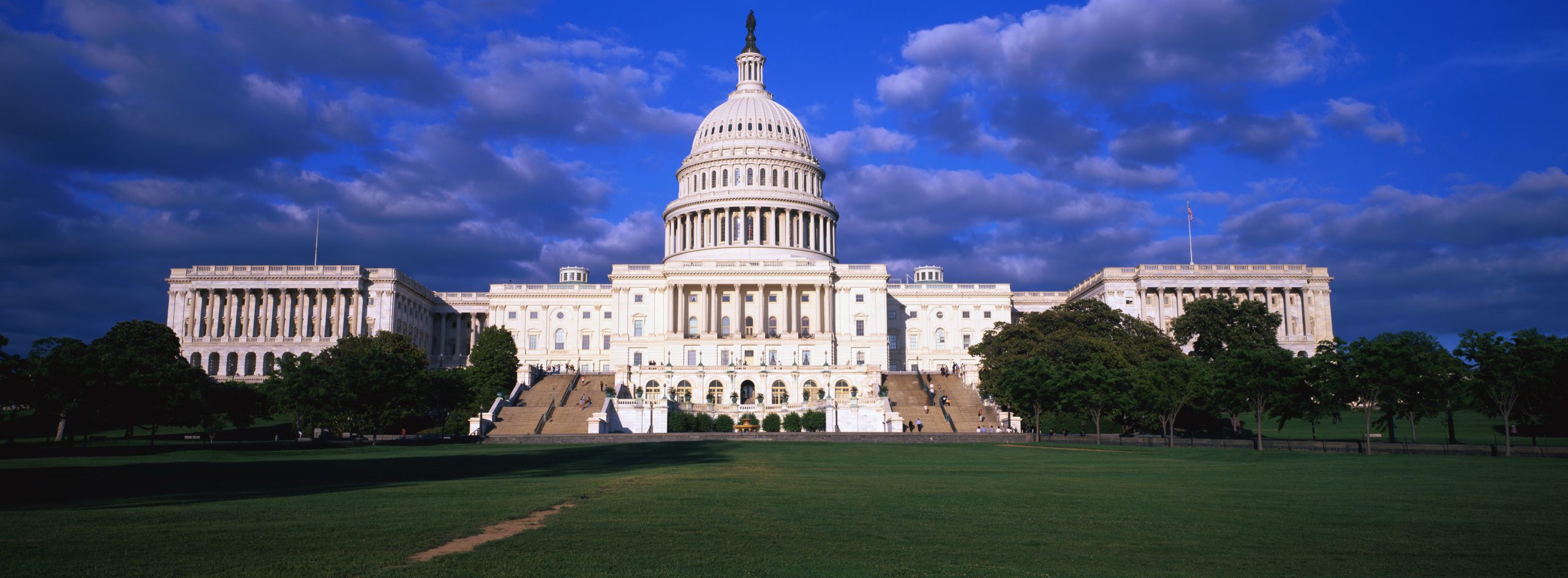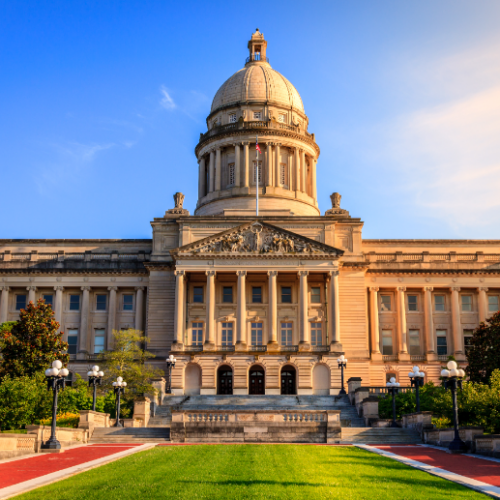
The Council of State Governments Justice Center applauds the bipartisan introduction of a new bill on Thursday that would fix a U.S. Small Business Administration rule restricting or disqualifying some people with criminal records from accessing emergency funding designed to assist small businesses during the coronavirus pandemic.
Currently, the Paycheck Protection Program—which provides loans meant to help small business owners pay their employees during the COVID-19 crisis—denies applicants if they are facing criminal charges or have had a felony conviction in the past five years. The application also includes several questions that make it unclear as to whether other types of criminal records or past involvement with the justice system may prohibit access to these loans.
These policies create unnecessary barriers to people with criminal records and go against the intent of the Coronavirus Aid, Relief, and Economic Security (CARES) Act, which appropriates the loans. They also are in conflict with the Trump administration’s ongoing support of second chances for people who have served their time. The new legislation—known as the Paycheck Protection Program Second Chance Act and sponsored by Senators Rob Portman (R-OH), Ben Cardin (D-MD), James Lankford (R-OK), and Cory Booker (D-NJ)—would reduce these barriers significantly.
The CSG Justice Center is dedicated to informing policymakers and the general public about the barriers facing people with criminal records and operates the National Inventory of Collateral Consequences of Conviction, which details the more than 40,0000 regulations that prevent people with records from accessing employment, education, and other opportunities.
The organization has been outspoken about its opposition to the Small Business Administration’s restrictions. On April 3, CSG Justice Center Director Megan Quattlebaum, along with our Advisory Board Member Marsha Banks, wrote: “Given the thousands of employment restrictions already in place that prevent people with criminal records from getting jobs, opening a small business can be a viable option. That’s why the Small Business Administration itself has supported training and microloan programs for people who are in prison or have criminal records. The agency should avoid contradicting those efforts.
“People who have made mistakes, learned from them, and proceeded to build small businesses or start nonprofits deserve our admiration. They also deserve our support as they strive to keep their workers employed and their lights on during the pandemic. To do this, they must be eligible for relief funds under the Paycheck Protection Program. We look forward to working with Congress on swift passage of the Paycheck Protection Program Second Chance Act.”
Almost half of all violent crime in Kentucky is rooted in domestic violence (DV), and nearly 40 percent…
Read MoreArkansas policymakers have long expressed concerns about the state’s high recidivism rate. Over the past 10 years, an…
Read MoreGovernors emphasized a wide range of criminal justice and behavioral health initiatives in this year’s state-of-the-state addresses. From…
Read More Key Findings and Recommendations from Kentucky’s Justice Reinvestment Initiative to Better Understand and Address Domestic Violence
Key Findings and Recommendations from Kentucky’s Justice Reinvestment Initiative to Better Understand and Address Domestic Violence
Almost half of all violent crime in Kentucky is rooted in domestic…
Read More Explainer: Key Findings and Options from Arkansas’s Justice Reinvestment Initiative
Explainer: Key Findings and Options from Arkansas’s Justice Reinvestment Initiative
Arkansas policymakers have long expressed concerns about the state’s high recidivism rate.…
Read More State of the States: Criminal Justice and Behavioral Health Priorities in 2025
State of the States: Criminal Justice and Behavioral Health Priorities in 2025
Governors emphasized a wide range of criminal justice and behavioral health initiatives…
Read More Apply Now for Resident Analyst Program to Increase Data Analysis Capacity at Departments of Corrections
Apply Now for Resident Analyst Program to Increase Data Analysis Capacity at Departments of Corrections
Corrections leaders balance the complex priorities of maintaining public safety, operating secure…
Read More Five New CSG Justice Center Board Members Look to Strengthen Communities and Improve Public Safety
Five New CSG Justice Center Board Members Look to Strengthen Communities and Improve Public Safety
The CSG Justice Center is pleased to announce 5 new members of…
Read More Removing Barriers to Successful Reentry: Q&A with New CSG Justice Center Advisory Board Member Dr. Ronald F. Day
Removing Barriers to Successful Reentry: Q&A with New CSG Justice Center Advisory Board Member Dr. Ronald F. Day
The CSG Justice Center Advisory Board establishes the policy and project priorities…
Read More









